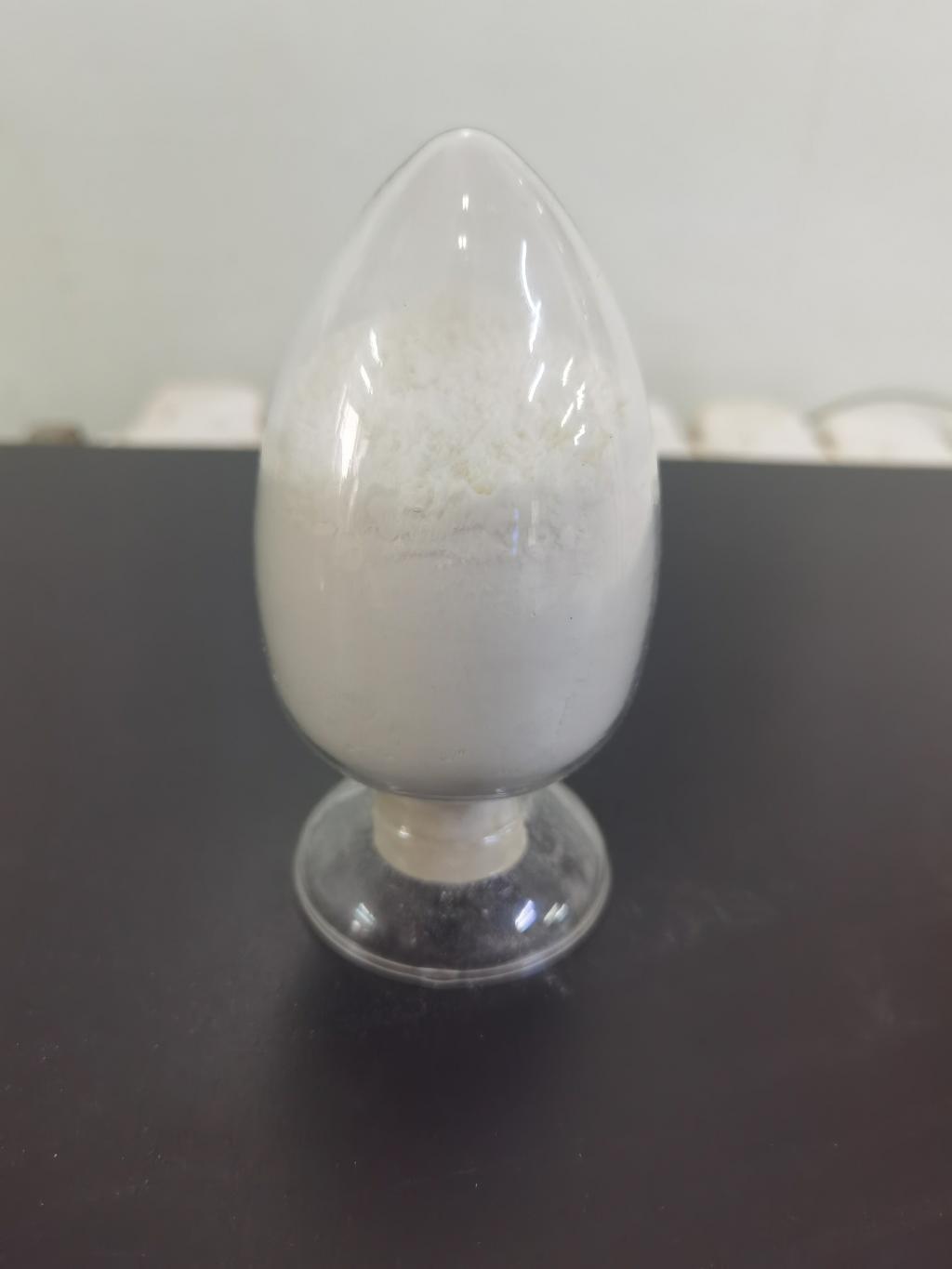Tel:+8618231198596

News
 CONTACT
CONTACT
 CONTACT
CONTACT
- Linkman:Linda Yao
- Tel: +8618231198596
- Email:linda.yao@dcpharma.cn
- Linkman:CHARLES.WANG
- Department:Overseas
- Tel: 0086 0311-85537378 0086 0311-85539701
News
Current Position:
Home >
News
>Can ε-Polylysine hydrochloride be used as a preservative in fermented beverages?
Can ε-Polylysine hydrochloride be used as a preservative in fermented beverages?
TIME:2023-06-21
Introduction:
Beer and wine are popular fermented beverages that undergo complex microbial transformations during production. However, microbial contamination can lead to off-flavors, haze formation, and reduced shelf life. ε-Polylysine hydrochloride, an antimicrobial peptide, presents a promising solution for extending the microbial stability and preserving the quality of beer and wine.
Antimicrobial Properties of ε-Polylysine Hydrochloride:
ε-Polylysine hydrochloride exhibits potent antimicrobial activity against a wide range of microorganisms, including bacteria, yeasts, and molds. Its mode of action involves disrupting microbial cell membranes, thereby inhibiting growth and proliferation. The broad-spectrum efficacy of ε-polylysine hydrochloride makes it suitable for inhibiting spoilage and pathogenic microorganisms in fermented beverages.
Factors Influencing ε-Polylysine Hydrochloride Effectiveness:
Several factors can influence the effectiveness of ε-polylysine hydrochloride as a preservative in fermented beverages. pH, temperature, dissolved oxygen, and the presence of interfering substances can impact its antimicrobial activity. Optimal conditions for ε-polylysine hydrochloride use should be determined to maximize its efficacy in beer and wine preservation.
Applications of ε-Polylysine Hydrochloride in Beer:
Beer is prone to microbial contamination, leading to off-flavors, turbidity, and instability. ε-Polylysine hydrochloride has demonstrated antimicrobial effectiveness against spoilage bacteria and yeasts commonly found in beer. Its addition during the brewing process or as a post-fermentation treatment can improve the microbiological stability and extend the shelf life of beer.
Applications of ε-Polylysine Hydrochloride in Wine:
Wine is susceptible to spoilage by various microorganisms, such as lactic acid bacteria, acetic acid bacteria, and Brettanomyces yeasts. Studies have shown that ε-polylysine hydrochloride can effectively inhibit the growth of these spoilage organisms without impacting the sensory characteristics of wine. Incorporating ε-polylysine hydrochloride into the winemaking process can help maintain the quality and microbial stability of wine.
Flavor and Sensorial Considerations:
The addition of ε-polylysine hydrochloride to fermented beverages should consider its potential impact on flavor and sensory attributes. Studies have indicated that ε-polylysine hydrochloride, when used at appropriate concentrations, does not significantly affect the sensory characteristics of beer and wine. Sensory evaluations should be conducted to ensure consumer acceptance and determine optimal usage levels.
Regulatory Considerations and Consumer Acceptance:
The use of ε-polylysine hydrochloride as a preservative in fermented beverages is subject to regulatory requirements. Compliance with local regulations regarding maximum permitted levels is essential. Furthermore, consumer acceptance of ε-polylysine hydrochloride as a natural preservative should be considered, taking into account the demand for clean label and natural ingredients.
Challenges and Future Directions:
The application of ε-polylysine hydrochloride in beer and wine preservation faces challenges such as optimization of dosage, compatibility with different beverage compositions, and ensuring consistent distribution. Further research is needed to overcome these challenges and explore innovative delivery systems to enhance the stability and efficacy of ε-polylysine hydrochloride in fermented beverages.
Conclusion:
ε-Polylysine hydrochloride shows promise as a natural preservative for extending the microbial stability and preserving the quality of fermented beverages, including beer and wine. Its broad-spectrum antimicrobial activity, compatibility with beverage pH, and potential for enhancing shelf life make it an attractive alternative to traditional preservatives. Addressing challenges and continued research will contribute to harnessing the full potential of ε-polylysine hydrochloride in beer and wine preservation.
- Tel:+8618231198596
- Whatsapp:18231198596
- Chat With Skype







